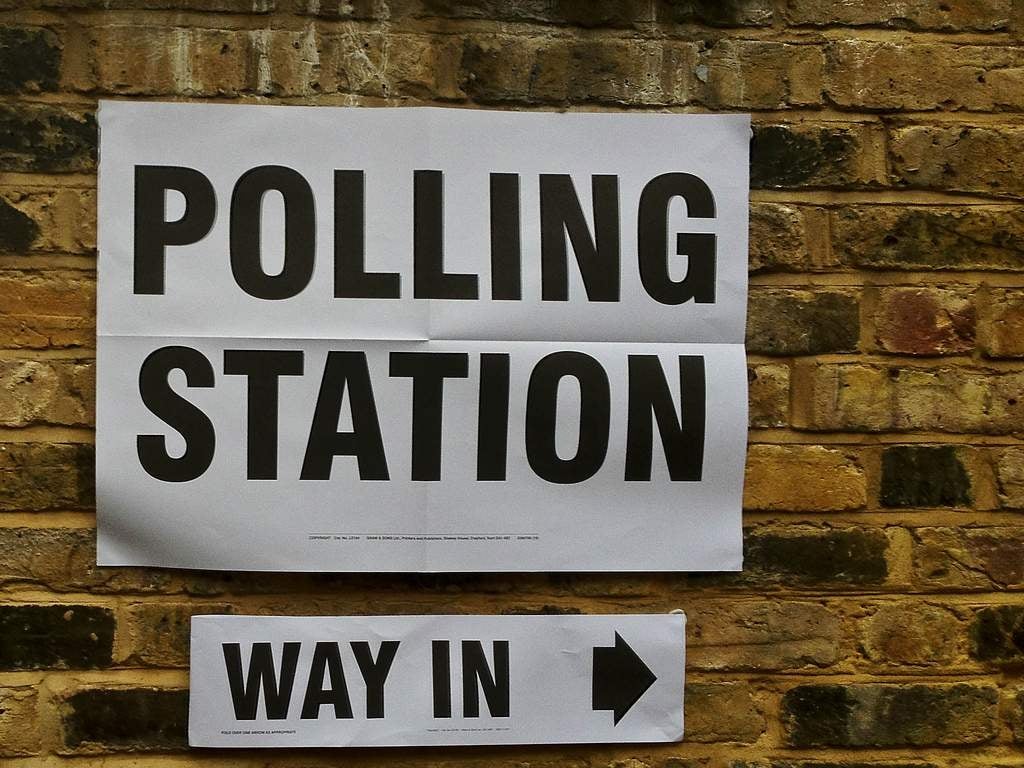
As Britons go to the polls, let’s hope that this day reaffirms our democratic process – but will the mystery three million referendum voters bother to vote, asks Alec Marsh
After all the energy, the miles on the road, the interviews, the spats, the U-turns, and the sudden ill-healths, the silence of election day has arrived. That the 2017 general election will be remembered more for its terror outrages than for the politics or key individuals itself, tells you something about the lacklustre campaign which Britain has endured.
In response to polling day the pound fell against the dollar overnight but rallied mid-morning in London, peaking above its opening level, before nudging down ahead of midday. The FTSE 100 index was also a little muted, settling below its opening at the meridian hour.
With pollsters predicting a wide span of outcomes – yet all with Theresa May’s Conservative party in the lead, voters will be making their crosses in a spirit of uncertainty.
The pollster YouGov, which has been the most bearish on Conservative support in this campaign, gave the Tories a late surge in voter appeal in its final poll on the eve of voting, putting them seven points ahead of Labour on 42, with Labour down three points. ICM, meanwhile, gave the Conservatives a 12 point advantage over Labour, putting them on 46 per cent to 34 per cent, pointing to a parliamentary majority for Mrs May of 96 seats.
So the Tories are set to cross the line first, the question is by how far.
That’s if the polls are right, of course. The question is, however, one of turnout and whether the three million people who turned out to vote in the Brexit referendum (as it could now be known) but who did not vote in 2015 at the general election, will bother to trouble the democratic process with their attentions this time round.
Let’s hope they do because to function properly a democracy needs its demos. Without the voters the system becomes discredited and falls, and that of course is very bad for everyone concerned, and especially their bank balances, house prices and investments – quite apart from everything else that revolutions large and small entail. Therefore I’m hoping most from this election – apart from a clean majority for the Conservatives, of course – that we see a higher turnout than in 2015 when it was 66.1 per cent, which in turn was a smidge higher than in 2010.
Britain’s turnouts at general elections have been falling since 1992 when 77.7 per cent of Briton turned out to choose between John Major and Neil Kinnock, which was in fact the highest turnout since 1974. It reached its nadir in 2001 when barely 59 per cent of voters bothered to vote. If you consider that from 1945 to 1992, no general election drew less than 70 per cent of the vote you get the scale of the issue in recent years.
So my vote this time is for greater engagement than in 2015, though I’m not convinced we’ll get it after such a desultory contest. Whatever happens, we’re in the hands of the three million mystery voters who foxed the pollsters over the EU referendum and may well have foxed them this time, too. If they vote, and where they put their crosses, will certainly be decisive.
Alec Marsh is editor of Spear’s






